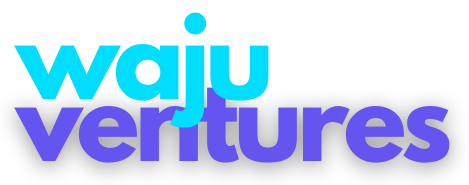Teaching the Next 10 Million Builders

There’s a quiet revolution happening. You see it in the 17-year-old in Jos building mobile apps off YouTube tutorials. The girl in Ibadan is learning Python between NEPA blackouts. An apprentice welder in Onitsha has just discovered how to run Facebook Ads for his side hustle. There’s hunger everywhere, but our systems aren’t feeding it.
We’re stuck with outdated curricula, overwhelmed teachers, and zero practical exposure. Meanwhile, millions of young Africans are trying to figure things out on their own. They are hustling for access, direction, and credibility.
This isn’t just about formal education anymore. It’s about building tools that teach real-world skills to the next generation of creators, builders, and doers — wherever they are.
People should be building:
- WhatsApp-first learning environments: A smart bot that teaches people how to do things that earn money; digital marketing, mobile photography, customer service, Microsoft Excel, etc. Not just content, but interaction, repetition, testing, and micro-certification. All via chat.
- Localized micro-courses with real ROI: What’s the point of teaching blockchain to someone who hasn’t figured out how to build a business Instagram page? We need practical courses, in local languages, that focus on income-generating skills, and that users can complete in under 2 hours, even on a ₦200 data plan.
- Skill-to-income pipelines: Learning is only half the battle. The real unlock is when people can use their new skills immediately to land gigs, freelance jobs, or apprenticeships. Imagine a platform that teaches people how to design Canva flyers, then plugs them into small businesses that need them.
- Learning experiences for non-traditional learners: Not everyone will sit through a 6-week course. But they might binge-watch TikTok-style explainers or respond to 1-minute daily WhatsApp prompts that teach negotiation, pricing, or salesmanship. We need to meet people where they are — and build for how they live.
We don’t need more African edtech startups that look like Western platforms with African logos.
We need learning tools that work on low data, teach things people can use immediately, and give confidence to people who’ve been told they’re not smart enough.
